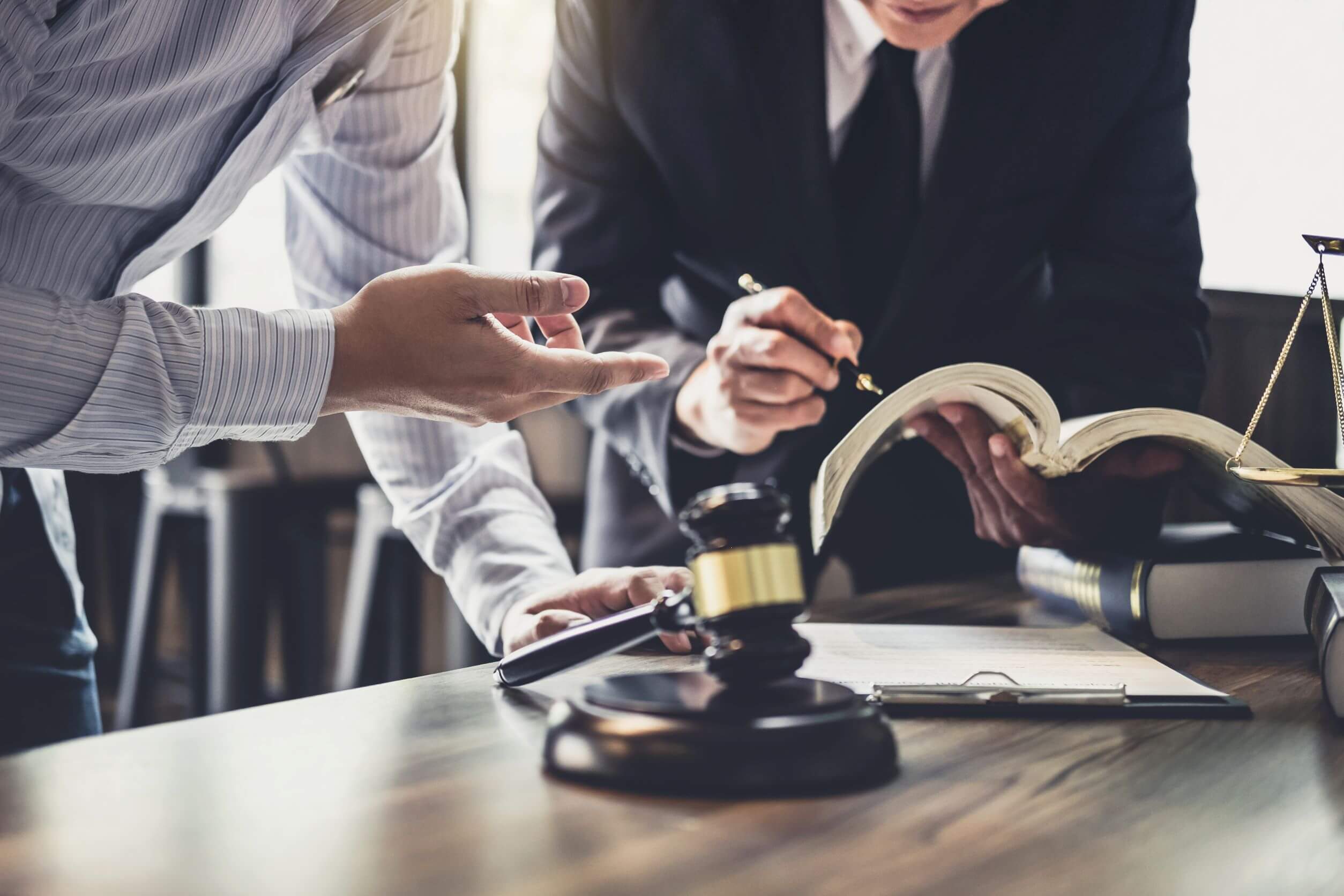The New Jersey Supreme Court continued in relevant part: Against the background of Henderson and persuasive case law, the Court finds no reason to treat impermissibly suggestive identification events during pretrial preparation differently than other identification procedures. That conclusion has practical consequences. First, as a general, overarching rule, witnesses who have already made an identification should not be shown any photos of the defendant during trial preparation. Second, when a witness has not previously been asked to make an identification, or has tried before but could not identify a suspect, investigators who are not familiar with the suspect’s appearance can conduct an identification procedure at the time of trial preparation. The procedure should be done in a manner consistent with the Court’s guidance in Henderson. It should also be recorded pursuant to Rule 3:11 and disclosed to defense counsel under Rule 3:13- 3(b)(1)(J). Counsel may then request a Wade hearing. Henderson, 208 N.J. at 288. Defendants who can “show some evidence of suggestiveness that could lead to a mistaken identification” will be entitled to a pretrial hearing. Today’s ruling and guidance apply to this and future cases only.
The Attorney General argues that photographs should generally not be shown “during trial preparation unless there is a good reason to do so.” The Court does not rule out the possibility that there may be compelling reasons in certain cases to show witnesses photos they previously selected. But the Court does not view the examples cited by the Attorney General to rise to that level.
The Court provides guidance about how to balance the State’s important responsibility to prepare witnesses with the need to avoid unduly suggestive identification procedures. For example, prosecutors can ask witnesses about past identifications — without confirming that the witness identified the defendant in the earlier identification — or make video recordings of the identification procedure and then attempt to authenticate the video. If requested by a party, trial judges can instruct the jury that court procedures caution against showing witnesses photos they have previously selected. The Court asks the Model Jury Charge Committee to develop an appropriate charge on that topic, as well as a general model charge on witness pretrial preparation.
For a jury charge to have a meaningful effect, it should be given at the time that the related issue arises. Otherwise, it becomes too watered down with the very long instructions that occur at the end of a trial.

